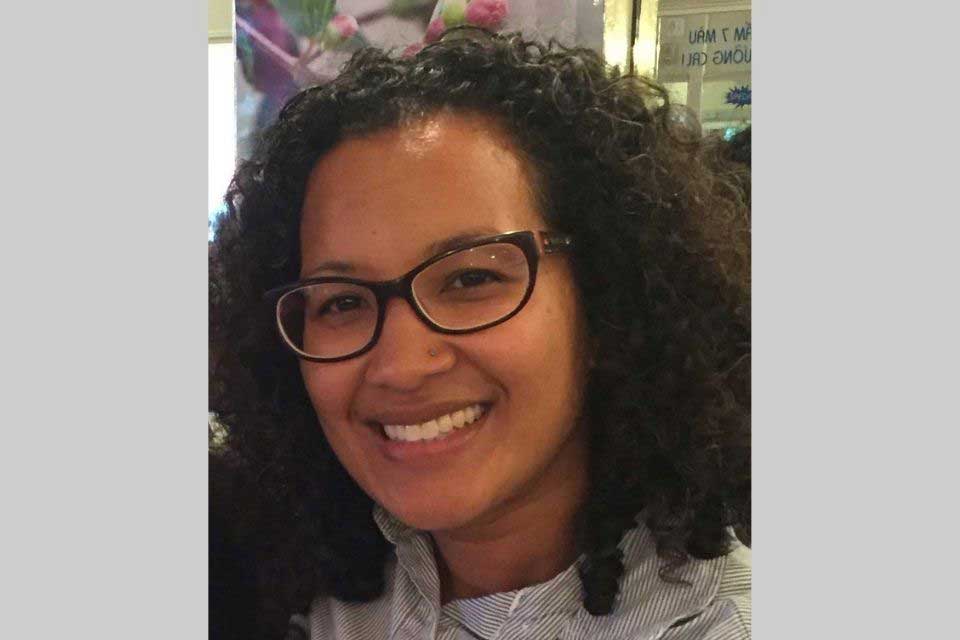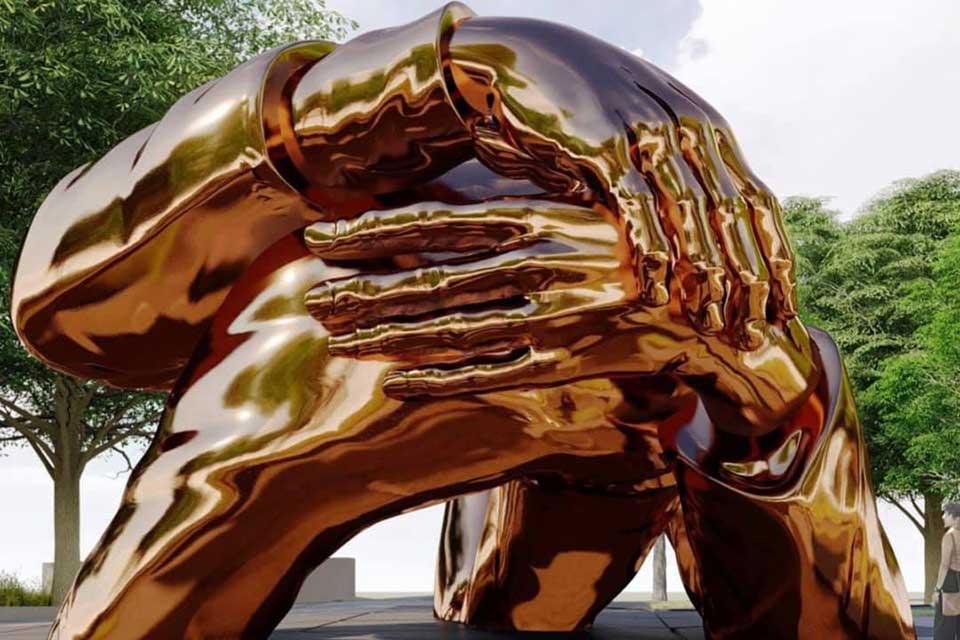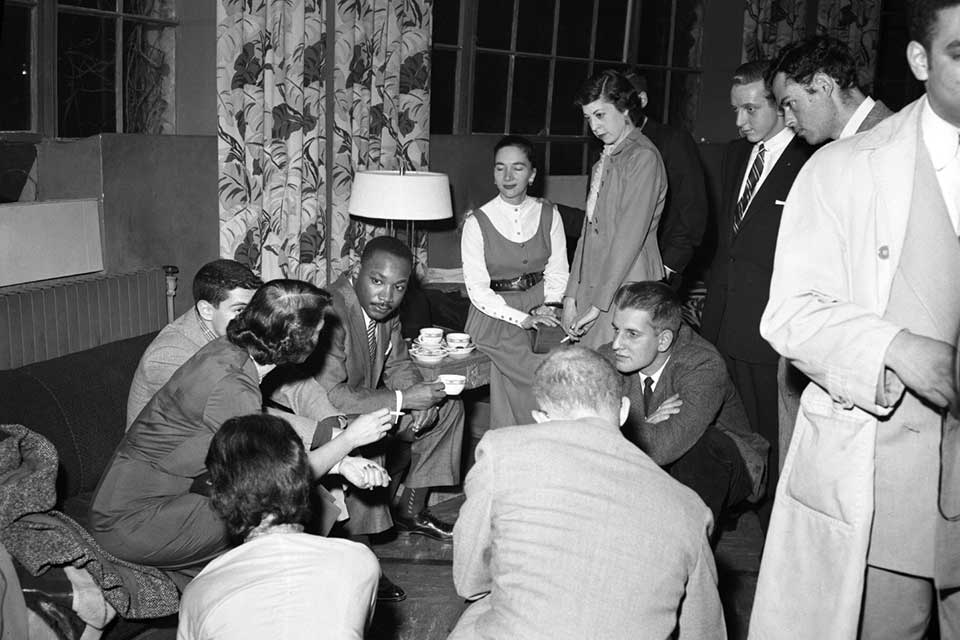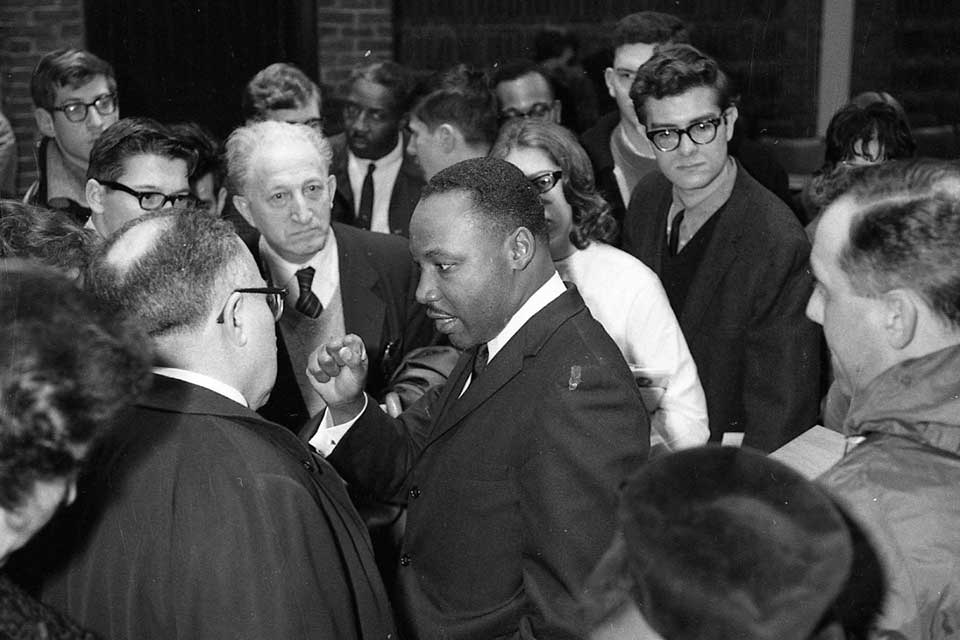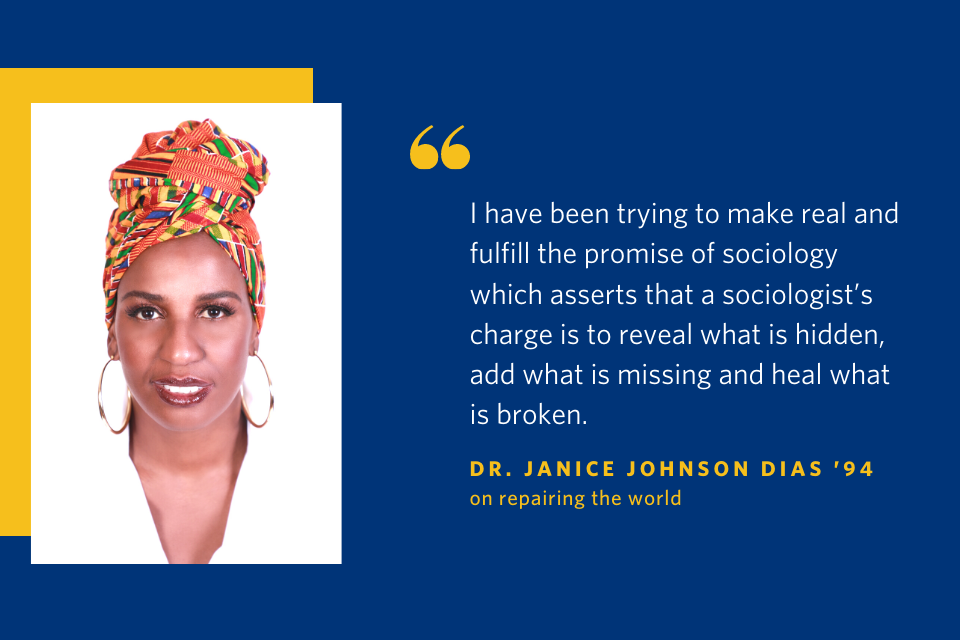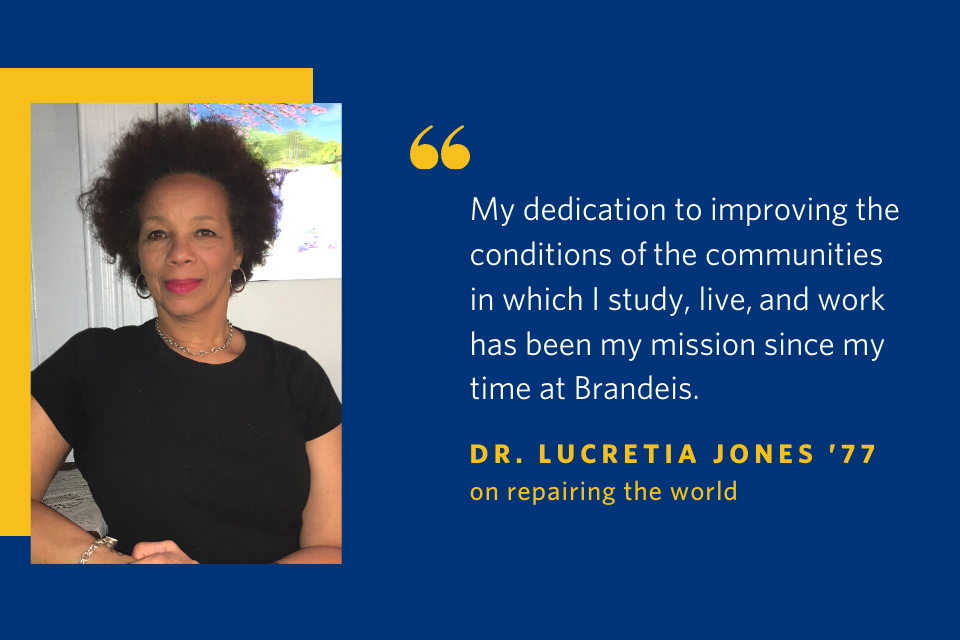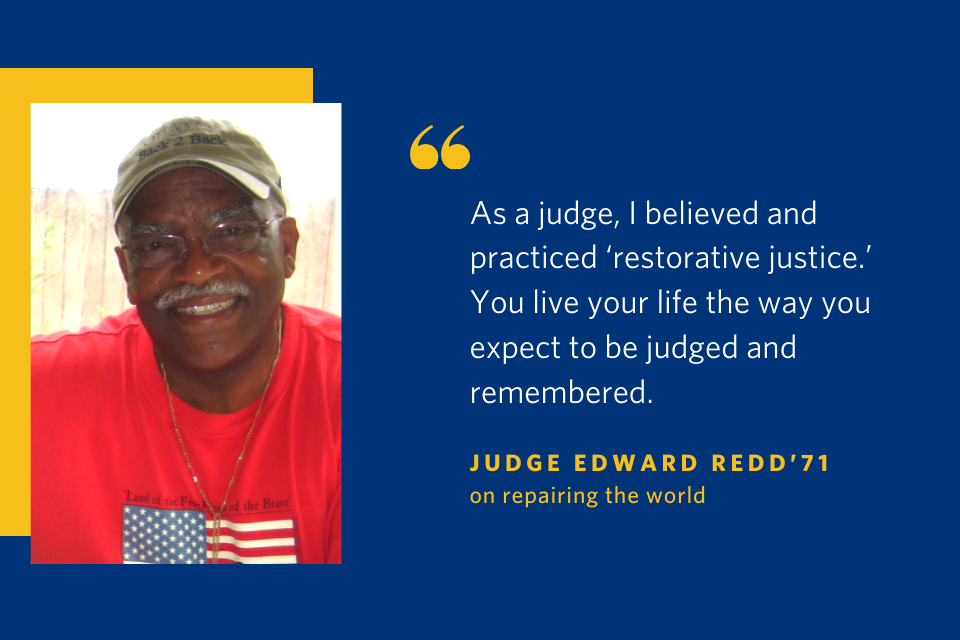Brandeis Alumni, Family and Friends
“Our Liberation is Bound Up Together”
January 15, 2021
Tammy Tai, Heller MBA’06, has been named deputy director of King Boston, a nonprofit dedicated to honoring the legacy of Dr. Martin Luther King Jr. and Coretta Scott King and their time in Boston in the 1950s, while at the same time addressing economic and racial inequities. On Martin Luther King Day, Jan. 18, King Boston is to hold a virtual dedication ceremony for “The Embrace,” a memorial to the Kings planned for Boston Common and to premiere a film "Voices on King."
Tai, a daughter of Jamaican immigrants who resides with her family in Boston’s Dorchester neighborhood, has worked more than 25 years in the nonprofit sector, primarily in the areas of youth development and mentoring. In a recent conversation with the Brandeis Alumni Association, she talked about the resonance of the Kings’ vision today, and how her experience at the Heller School for Social Policy and Management shaped her professional path.
What inspires you most about MLK’s vision? Why is his legacy important at this time in our nation’s history?
Dr. King and Coretta Scott King had a deep and abiding faith in the promise of an America that values, honors and celebrates all its children. I am most inspired by the clarity of that vision in which our liberation is bound up together: the conviction that any society that marginalizes any of its people can never truly be healthy and strong. Their vision of the “Beloved Community” is as important today as it was in the mid-1950s and -60s.
Their calls to reckon with racism, poverty and educational and housing inequities still resonate today, particularly as we hope to emerge as a “New” Boston, a “New” America, from the viral, economic and racial pandemics in which we find ourselves. The “Beloved Community” is ultimately the realization of our community made whole and we find ourselves in a true watershed moment — we must move towards a transformative justice.
What can you tell us about the planned MLK monument in Boston?
“The Embrace” is a 22-foot-high memorial that will be installed in America’s oldest public park, Boston Common. The projected date is October 2022. The Boston Common is the very place where Dr. King rallied with thousands in 1965, calling upon the city to live by its highest ideals. The inspiration for the piece is a picture of the Kings embracing when Dr. King learned of being awarded the Nobel Peace Prize. The piece is a counter to other wartime monuments that have been erected in honor of white supremacy, and that we have seen coming down all over the country. Once installed, it will be the country’s largest memorial dedicated to racial equity.
What will the King Boston project’s ongoing work entail? How will you help?
“The Embrace” is just the beginning for King Boston, a jumping-off point to engage the city in anti-racist dialogue and action. King Boston’s vision is of a radically inclusive and equitable Boston. Toward that vision, a new Center for Economic Justice will engage in research, policy development and community organizing towards economic-justice goals. The center’s building in the heart of Roxbury will be a vibrant community gathering place, equal parts gallery and museum, incubation space for new businesses, and space for community forums. “Embrace Ideas,” a series grounded in the arts and humanities around racial and economic justice, will lead toward a week-long festival planned for the memorial’s unveiling in 2022.
These elements of King Boston will drive civic engagement, advance economic justice and introduce visitors from around the globe to a unique aspect of Boston’s history. As deputy director, I have an amazing opportunity to help shape all parts of the organization.
How did your experience at Heller and Brandeis help shape your path?
I received my MBA from Heller in 2006 with a focus on children, youth and families. I learned the importance of applying a systems-analysis framework to creating community solutions and doing that work in partnership with others. More likely than not, the solution to the issues we most care about addressing — racial and economic injustices — will only be found if we’re willing to look deep into the roots and interconnectedness of issues, go beyond single programs as the solutions, and do that work in partnership with others. New possibilities and worlds will emerge if we lean into curiosity with one another.







